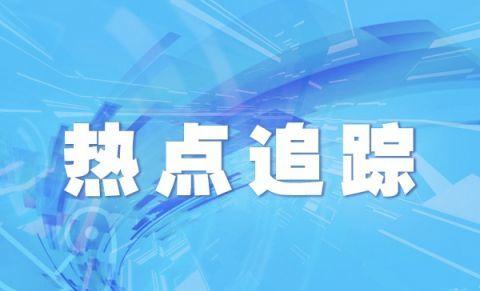
Accelerate the exploration of new battery technology routes (new knowledge)
【Phenomenon】From mobile phones, computers, wearable devices, to new energy vehicles, electric bicycles, lithium batteries have a wide range of applications. While the market demand is increasingly strong, lithium batteries themselves also have shortcomings such as high production costs and small reserves of key raw materials, forcing some companies to accelerate the search for alternative technical solutions and turn their attention to new batteries such as magnesium, zinc and sodium. Some media pointed out that the global race around lithium battery alternatives has begun.
【Reviews】
Due to its high energy density, large output power, long cycle life and other advantages, lithium batteries have become the mainstream of today's battery industry. It should also be noted that lithium batteries are resource-sensitive products, and their key raw materials nickel, cobalt, lithium and other distribution concentrations are high and show the characteristics of resource monopoly, which is easy to form external dependence on resources. Autonomous controllability is the premise of development, it is necessary to accelerate the exploration of alternative technical routes, play a good first hand chess.
Based on many considerations, new batteries such as magnesium, zinc, and sodium are expected to become alternatives or important supplements to lithium batteries in the future. Studies have found that the theoretical volume energy density of magnesium ions is almost twice that of lithium, or will provide high energy density for batteries. Zinc batteries are of interest thanks to the high safety, zinc batteries use an aqueous solution as an electrolyte, replacing traditional organic solvents, thus greatly reducing the risk of battery fire. Although sodium batteries can not be comparable to lithium batteries in energy density, but have cost advantages, because most of the equipment that manufactures sodium batteries and lithium batteries is similar, existing lithium battery companies are easier to turn to the manufacture of sodium batteries, thereby significantly reducing production costs.
Although new batteries are sought after, there is still a long way to go from true industrialization. From the current development situation, whether it is magnesium batteries, zinc batteries or sodium batteries, there are still many problems to be solved in terms of technology and materials. Taking magnesium batteries as an example, the low activity of the elements themselves, coupled with the difficulty of developing a highly compatible electrolyte, makes it difficult to obtain better electrochemical properties. Therefore, while accelerating the layout of various alternative technology solutions, it is imperative to dig deep into the performance of potential lithium batteries and improve product quality.
Behind the boom in new batteries, it has benefited from the rapid expansion of two emerging markets, new energy vehicles and energy storage industries. In recent years, mainland new energy vehicles to maintain rapid growth, 2021 market penetration rate of more than 13%, it is expected that by 2035, new energy vehicle sales will account for more than 60%, sales volume year by year will inevitably drive the demand for power batteries continue to rise. On the other hand, in the context of promoting the realization of carbon peak carbon neutrality goals, the proportion of renewable energy represented by wind power and photovoltaics in the energy structure will continue to increase. By the end of the "Fourteenth Five-Year Plan", the installed capacity of renewable energy in the mainland will account for more than 50% of the total installed capacity of electricity, and it is necessary to vigorously develop the energy storage industry to regulate the peak and frequency of power grid operation, which will become another pole that will drive the consumption of new energy storage batteries.
Nowadays, sustainable development is increasingly becoming a consensus, and research around lithium batteries and their alternative technologies is in full swing in developed countries. Challenges are also opportunities, China has the advantage of lithium batteries to improve the industrial chain agglomeration, as well as the first-mover advantage formed by new energy vehicles in the world, is gradually converging into the huge potential of industrial development. Only by enhancing industrial strategic positioning, strengthening policy support, innovation-driven, and global layout can competitive advantages be truly transformed into leading strength.
Han Xin
(People's Daily)